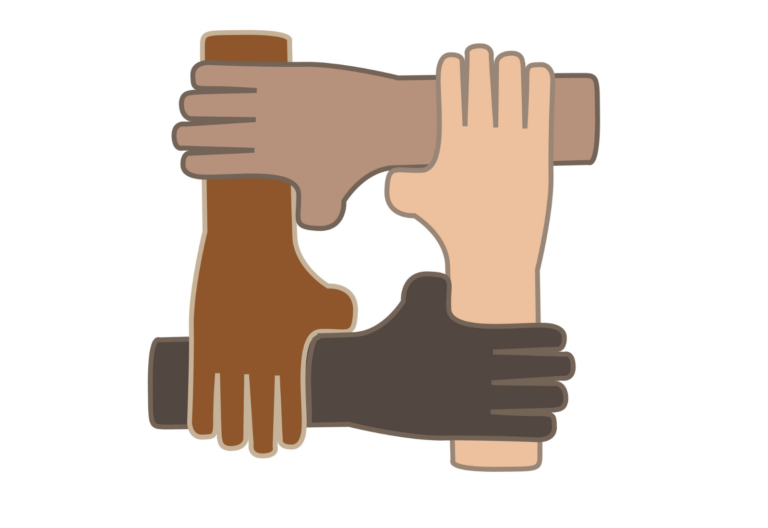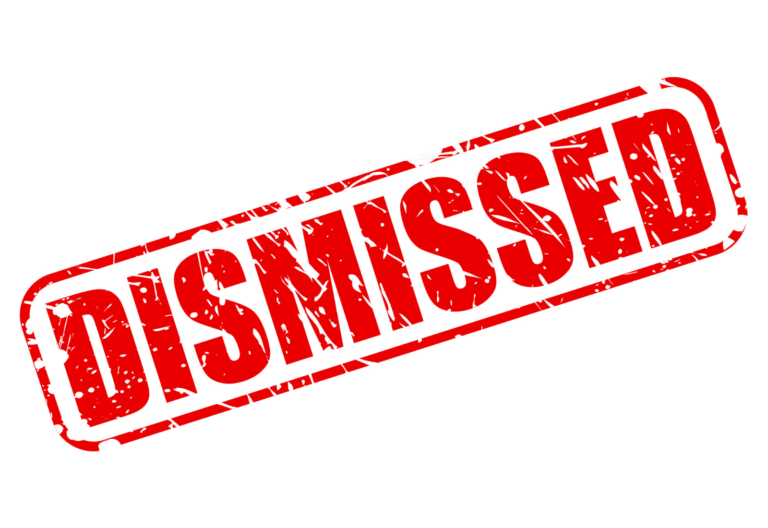
Big Tobacco Brand KOOL Sues Cannabis Company Bloom Brands for Trademark Infringement
The latest case of trademark infringement involving a cannabis company provides a great illustration of a trademark concept that can be difficult to convey to clients, which is the concept of “likelihood of confusion” where two marks are not identical, or even all that close to identical. According to news reports, “Menthol cigarette brand Kool


















